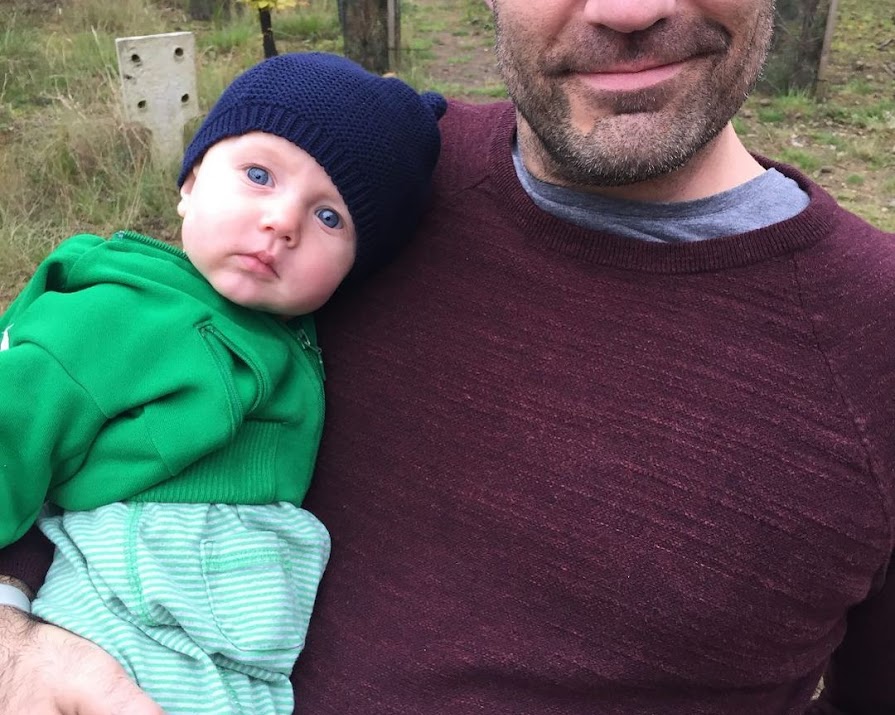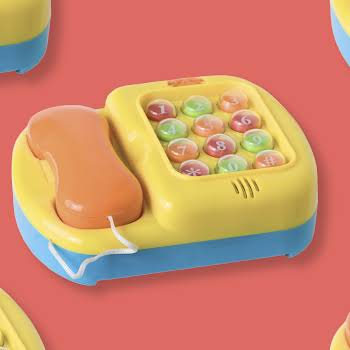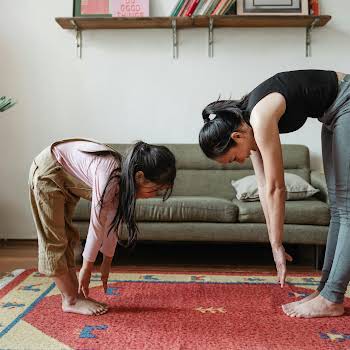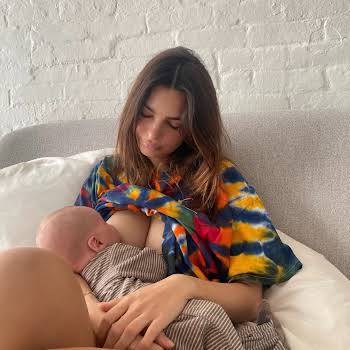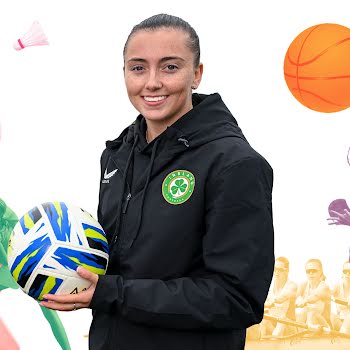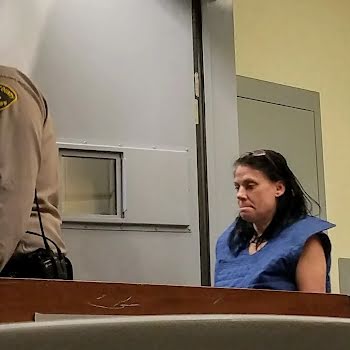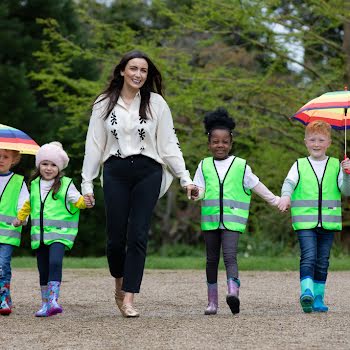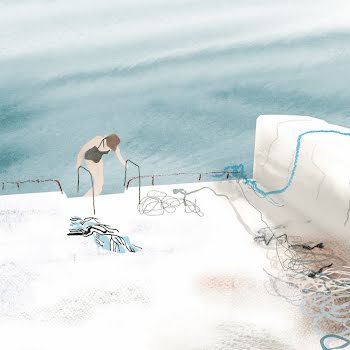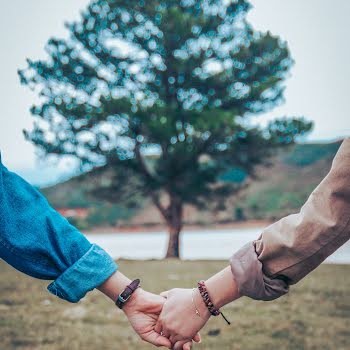
Rob Delaney on grief: ‘I couldn’t believe that my baby had died’
By Jennifer McShane
15th Jun 2021
15th Jun 2021
In a podcast, Catastrophe and Deadpool 2 actor Rob Delaney spoke heart-wrenchingly spoke about trying to deal with grief over the death of his young son Henry.
Delaney and his family went through a deep tragedy after his son Henry died in 2018 of a brain tumour when he was barely two years of age. The Deadpool 2 actor has opened up about his son’s death, dealing with grief, and how the incident changed his perspective on parenthood and life on the podcast series, This American Life.
Henry was about to turn three when he died. And the actor says the grief that he felt was physical, and came with fatigue and confusion. He talks about his son’s death when he’s asked, hoping that it might be useful or comforting in some small way to other parents going through this.
We know grief is never a straight line.
He speaks first about trying to process how others would react when they realised Delaney’s wife was pregnant after Henry had passed – and the anger he felt at this.
“My wife was pregnant, for example, when Henry died. And I have never seen such relief on people’s faces. They’d be like, oh, so I don’t have to talk about his dead baby. I can talk about his new shiny baby that’s coming.”
“And I wanted to kill those people because, I mean, that’s not news. It’s great, but we all know pregnant people. Big whoop, you know? People get pregnant. But my two-year-old, a little bit before his third birthday, he died in my home on my couch,” he said.
He reiterates that those grieving should be allowed the time and space to feel those emotions without the pressure of closing a chapter.
“If you’d like me to, quote, “get over” not the death of my child, but, say, this wave of emotions that are making you uncomfortable, then the best thing to do would be to let them happen and let me feel them, and then they’ll sort of dissipate organically. The least another person can do in the human family is to bear an ounce of my shipping container ship of pain by accepting that I’m upset, sad, angry, confused.”
He knew he would have to go through the pain to see the other side, knowing what it would do to him.
“When the incredibly intense storms of sadness and anger and confusion would come up, I didn’t try to manage them or push them away, but rather to let them move through me as they needed to do.”
“I think it’s really important to acknowledge it’s going to be a real nightmare for a good long while,” he says of dealing with such trauma. “And you’re going to cry, and you’ll probably puke sometimes. And I know that’s not “the sun will come out and everything’s going to be fine.” [But] I do try to be kind of brutal when I talk about it. And I feel like the worse of a picture I can paint, then the better friend I’ve been to you.”
What has helped him the most in the three years since Henry died is the support his family has received from other bereaved parents.
“The most helpful thing for me has been other bereaved parents,” he continued. “Because when you come together, more useful than any of the words that anyone said to me would be if I saw a parent whose child had been dead longer than mine had, and I saw that they were able to tie their shoes. Was their shirt tucked in? Basic functions– just watching them pick grapes off of a stem and eat them. And I thought if they can do that, then I’ll be able to do that one day, hopefully.”
He speaks of trying to process his son’s death, still finding it unbelievable years on.
“I repeat to myself the story of my son’s death in very simple terms of his illness and death. And I say them out loud to myself when I’m walking around, walking down the street. My baby boy got sick. We took a while trying to figure out what it was, went to a lot of doctors. They found out what it was. It was very bad. It got worse and worse. And then he died. And he’s dead. I can’t even believe what I just said, you know?”
He finishes by saying he thinks the message “you’ll get better” is pushed way too much, and the message “this is going to suck, and you’re going have to live through that” is not nearly enough. Waves of grief do still come, he says, but they’re less often. And Henry’s still on his mind; he thinks about him as much now as he thinks about his three other children. And he likes it that way. It still hurts, he says. But he wouldn’t have it any other way.











